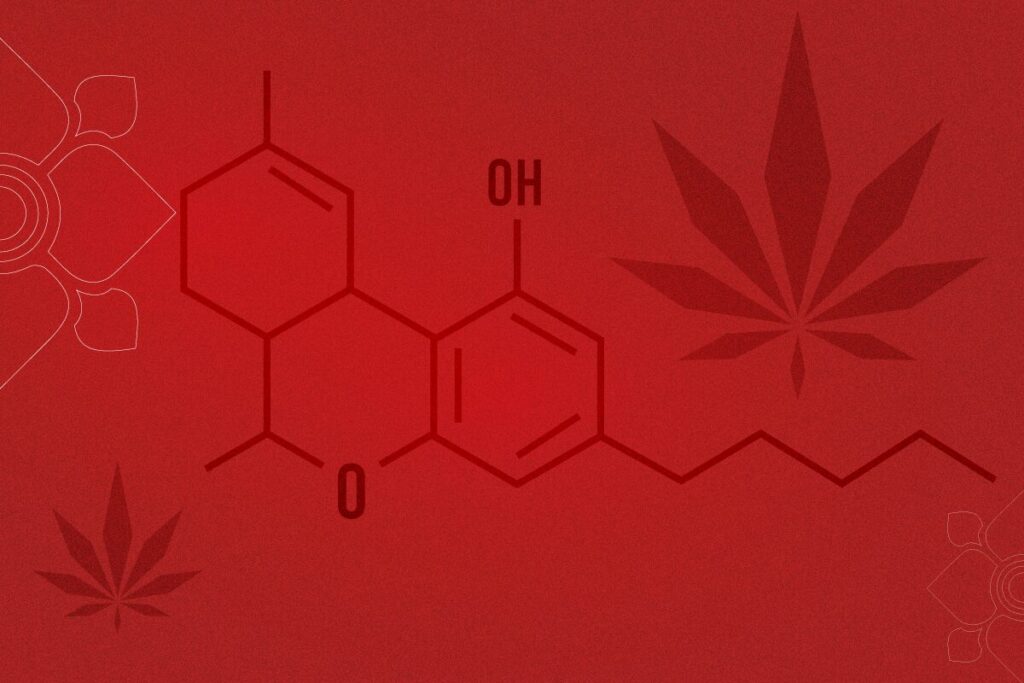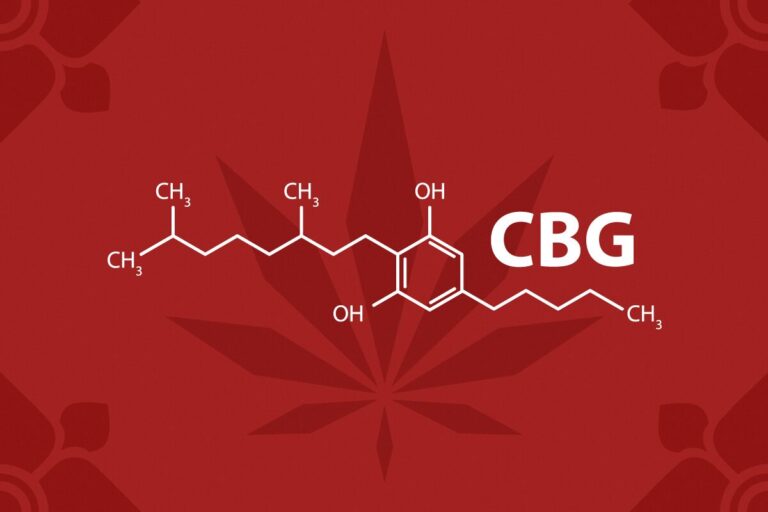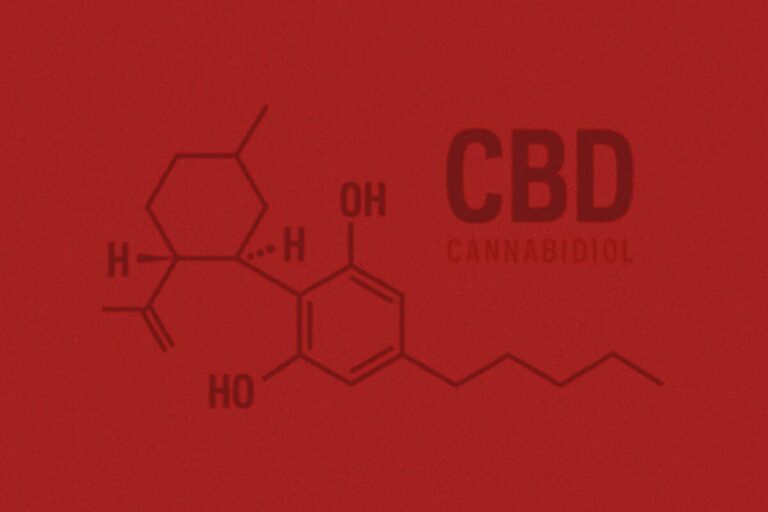Introduction
Cannabis, despite traditional medicine for thousands of years, has been successfully campaigned against for the last century. Recently, several countries have embraced cannabis to varying degrees and continue the research into the details of how the plant works.
Delta 9 THC is the famous psychoactive component of cannabis, but interestingly it is actually the product of a compound called THCA. This is essentially raw THC because it is produced when cannabis is heated but can also happen slowly over time, which is the reason why smoking and cooking are the most common ways to consume cannabis.
THCA is particularly of note in the USA market because it blurs the legal status of the plant in a useful way for growers. This has led to some THCA products in the USA which can be therapeutic in their own way.
Legal Considerations
THC was branded a harmful drug before it was even discovered but long after it had been intertwined with many cultures traditional medicinal practices. The Early 20th century saw increased tax on hemp and cannabis products and then The War on Drugs, increased the intensity of criminality of cannabis and created a stigma of a life ruining drug akin to heroin. Most countries that have legalised or decriminalised THC have done so on a national basis, so THCA use is fairly rare as there is not so much data on the specific benefits of it so far.
The USA is a bit different because they are the only country to have extremely different cannabis laws throughout its regions. High THC products are still classified as a dangerous narcotic in several states which makes national distribution difficult.
Interestingly, there is a legal loophole involving THCA that helps growers get around this problem. Hemp plants often contain small amounts of THC, therefore it must be tolerated at least in low levels in order for the hemp industry to function.
This means that if farmers in the USA harvest their flower slightly earlier and send it to the lab immediately they can keep the THC content under 0.3% and it will remain federally legal. The law doesn’t restrict the product after it has been proven legal even when it will produce THC after it is tested.
What is THC?
THC, or Delta 9 tetrahydrocannabinol, is the main psychoactive component in cannabis. It is responsible for many of the affects commonly associated with getting high, like increased mood and appetite. THC mimics the ‘bliss’ hormone, anandamide which leads to production of the ‘pleasure’ hormone dopamine. THC interacts with our CB1 receptors in the endocannabinoid system or ECS, which regulates things in the brain, organs, muscles and more.
THC can also increase appetite due to the increased levels of the hunger hormone ghrelin. THC is also a strong anti-inflammatory which can help with stress and allergic reactions. It’s also an analgesic which means painkiller because of the induced rise in dopamine and anandamide.
There has been a lot of research into the medical potential of cannabis and the importance of the ECS, pioneered by Dr Raphael Mechoulam and his team from 1960 onwards. THC has been used to treat conditions like PTSD, chronic pain, irritable bowel syndrome, anorexia and more.
What is THCA?
THCA, or tetrahydrocannabinolic acid is the cannabinoid found abundantly in raw and fresh cannabis. It is the molecule that turns into THC when heated and some is produced with age. The chemical structure of both molecules is quite similar but THCA has some extra carbon oxygen molecules, releasing CO2, hence to ‘decarboxylate’ it turns it into THC. Decarbing for edibles actually turns more THCA into THC than smoking does because there isn’t total combustion of the plant matter.
THCA can be extracted from cannabis by juicing fresh flowers, a slightly earlier harvest can increase THCA levels because some will naturally turn to THC through ageing. There are now several products in America that only contain THCA and there is growing research on its benefits as a cannabinoid much like CBD is very popular for its therapeutic effects without being intoxicating.
4 Key Differences
- THCA and THC molecules look very similar, but THCA has a carbolic acid group which effects the way that the molecule binds to the receptors in the body.
- THCA federally legal in USA, THC is not.
- THC psychoactive but THCA is not.
- THCA has to be consumed raw because THC is combusted THCA.
Medical Uses of THC
THC is used in conjunction with terpenes and other cannabinoids for a wide range of medical conditions. THC can be used as an anti-inflammatory to reduce allergic reactions or inflammation caused by stress and anxiety. THC in the right doses can also be used to lower the symptoms of depression, but must be used carefully as too much could exacerbate the depression.
THC, often in conjunction with other cannabinoids like CBD, is used to treat various neurological conditions in varying severities. Things like Parkinson’s disease, Alzheimer’s disease, epilepsy, and damage from multiple concussions can all be treated with cannabis due to its neuroprotective qualities.
THC is also an analgesic, meaning painkiller, and some strains are quite sedative. This pain and sensory management helps with chronic and acute pain by interacting directly with the nervous system. This is also said to be useful for neuro diverse people. ADHD and Autism are both very common among cannabis consumers. The anxiety and overstimulation people with these neuro types suffer can be very effectively mitigated with cannabis. There is ongoing research on the comparison between cannabis and amphetamines for treating ADHD
Potential Benefits of THCA
The effects of taking pure THCA are somewhat similar to taking CBD. Its non psychoactive but can offer anti-inflammatory, appetite stimulant, neuroprotection and antioxidant.
There are some THCA edibles and tincture oils, mainly in the USA. They are thought to provide anti-inflammatory and antioxidant effects. It is also thought to have neuroprotective qualities which can help with things like Alzheimer’s disease and Parkinsons. Other conditions common to cannabinoid treatment like insomnia, loss of appetite and controlling seizures. There is big potential for THCA in the wellness market outside the USA, especially with extraction producers for example to mix with CBD to optimise the effects and remain non psychoactive.
How to Consume THC and THCA
There are numerous ways to consume THC, due to the fact that as soon as you combust THCA, it immediately converts into THC. Thus any smoking or vaping of any kind will mean all THCA in whatever product you are inhaling will be converted into THCA.
In the USA, they have made isolated THCA that you can vaporise like a dab. The effects are notably different to THC as there is less of a head high and more of a bodily relaxation. The
Cannabis consumption can be a very private experience or a very social one as it is very dependent on the individual. There can be relaxed peace listening to music, a euphoric dinner experience or simply your daily medication under the tongue. Many people use cannabis for its anti stress and anti anxiety effects and its ability to treat a wide range of conditions.
Risks and Side Effects
THC can induce anxiety and paranoia, this can be hard to mitigate. Often this can be because of an unresolved subconscious issue, or because of a chaotic or threatening environment. This can be mitigated quickly with CBD, or if none is available deep breathing and patience usually works.
Conclusion
THC has had a bumpy time since its discovery in the 1960’s, but many nations are embracing its power. There are already a wide range of mental and physical conditions it can reliably treat, with the spectrum of cannabinoids creating an even wider reach.
THC affects the consciousness quite profoundly especially in high doses which can border on the psychedelic. This can be useful if we need that sort of support and perspective, but it is possible to get dizzy and uncomfortable especially with a low tolerance.
There is such high potential for the benefit of cannabinoids, especially with the recent attention on THCA. Through the loophole in the USA, THCA has become a topic of interest of cannabis researchers. It has a big potential as a non-psychoactive therapeutic product similar to CBD. The powerful anti-inflammatory powers for example, could help reduce the need for steroid use in many people.





